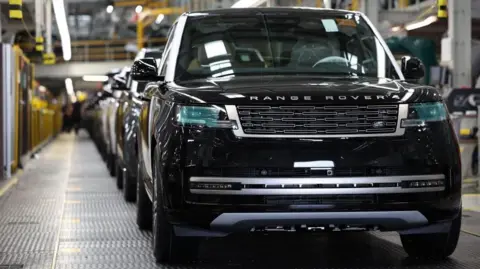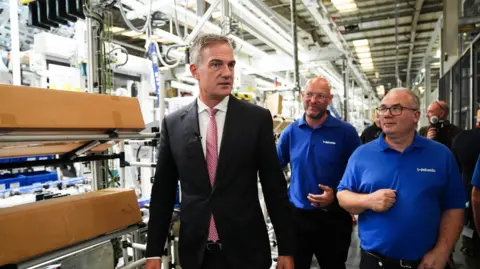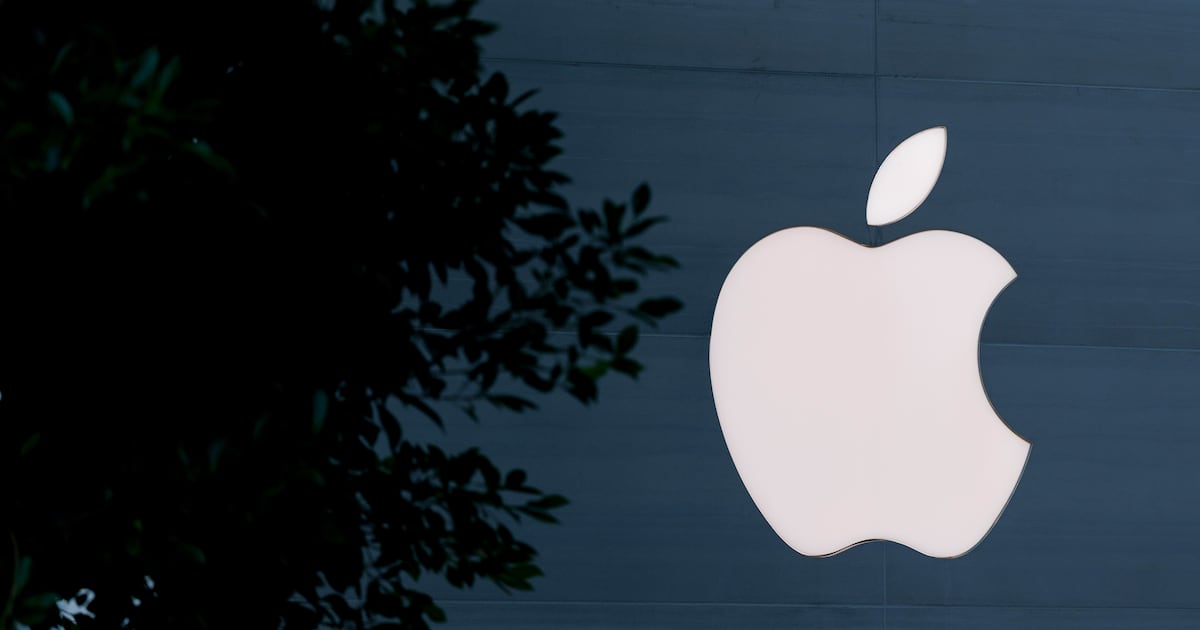Walmart is bringing its brand to the biggest match in soccer.
The nation’s largest retailer plans to announce Thursday a partnership with Spanish soccer league La Liga as it looks to expand its foothold in soccer and capitalize on its growing fandom in the U.S.
Under the partnership, Walmart will become the first presenting partner of La Liga’s “El Clásico,” a rivalry matchup between its two powerhouse teams: FC Barcelona and Real Madrid CF.
“Teaming up with La Liga and El Clásico enables Walmart to fuel the energy create unforgettable experiences and give fans more ways to celebrate the game that they love,” Walmart Chief Marketing Officer William White told CNBC in an interview. “Ultimately, Walmart is looking to make it easier for fans to engage and participate in the game.”
The partnership will include a new logo featuring Walmart as the presenting partner for the rivalry matchup, which will be used across the U.S. and Canada and debut this season.
The rivalry game dates back to 1929 and has routinely attracted 650 million viewers across more than 180 countries, according to Walmart and La Liga.
The first El Clásico, which translates to “the classic” in Spanish, of the 2025-26 season is scheduled for Oct. 26 in Madrid, with the second match on May 10 in Barcelona.
Walmart and La Liga will launch the partnership ahead of the first match-up with a full weekend of fan events in Houston starting Oct. 24. The partnership will include large-scale viewing parties, concerts, meet-and-greets with former stars, co-branded merchandise and retail promotions.
“The U.S. is the top market for the league [La Liga] in terms of audience and business outside of Spain,” said Boris Gartner, partner and president at Relevant Sports, which together with La Liga formed the 50-50 venture La Liga North America to represent the Spanish league in the U.S., Canada, Mexico and Central America.
La Liga North America manages the league’s media rights and commercial agreements.
“This is not just about slapping two logos side by side. This is a true partnership with what we’re building,” Gartner said.
Spanish powerhouse clubs Real Madrid and Barcelona have been home to some of the biggest global names in soccer — including superstar Lionel Messi, who played for Barcelona until 2021 and now plays for Major League Soccer’s Inter Miami, and more recently the young French star Kylian Mbappe, who joined Real Madrid.
In the U.S., Disney’s ESPN airs La Liga games on its streaming platforms and TV networks. The company said in August the 2024-2025 season was its most successful for the league on ESPN platforms yet, with 5.4 billion minutes viewed across its networks and streaming services.
The Spanish league’s multi-year deal with Walmart is meant to build on this growing audience for La Liga soccer in the U.S., as well as the growing soccer fanbase ahead of the 2026 World Cup, which will take place across the U.S., Mexico and Canada.
“We came in knowing that the World Cup was happening in 2026 and that the sport was growing significantly in in the U.S., and that we needed to be part of that growth not just from a business perspective for the league in the large media market in the world, but also with the opportunity to help fuel the growth of the sport,” Gartner said.
In July, Walmart struck a multi-year deal with MLS to become an official sponsor and partner of the league. As of early May, MLS sponsorship revenue was up double-digits compared with 2024, CNBC reported earlier this year. Likewise, the U.S. soccer fanbase has surged, particularly since Messi joined the MLS ranks in 2023.



























































